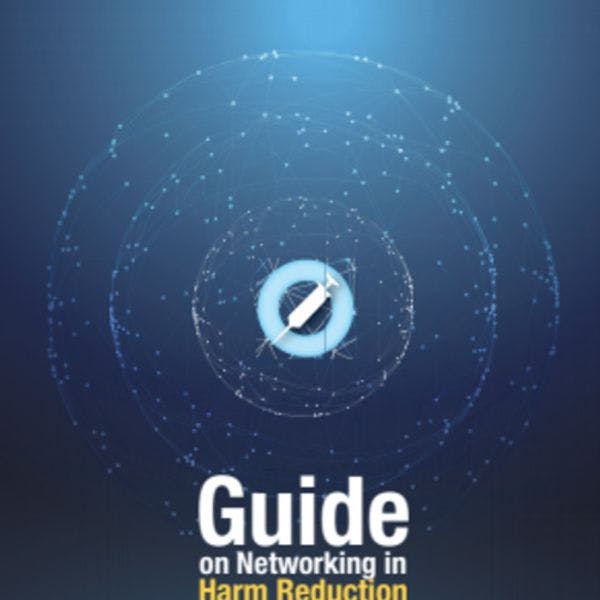Guide sur le réseautage dans la réduction des risques
MENAHARA explique les avantages de former des réseaux et de collaborer dans le domaine de la réduction des risques.
Pour en savoir plus, en anglais, veuillez lire les informations ci-dessous.
Abonnez-vous à l'Alerte mensuelle de l'IDPC pour recevoir des informations relatives à la politique des drogues.
While the adverse consequences of injecting drug use have increased significantly over the years, the services provided for drug users (including prevention, treatment and care) in addition to the advocacy and policy development efforts still remain far from adequate.
Drug use and HIV/AIDS are complex problems with political, social, economic, and cultural determinants. In the MENA region, the issue of drug use is even more complex and sensitive due to the effects of religion, insufficient knowledge on drugs and HR, repressive policies that stigmatize and punish drug users and the prevailing negative and judgmental attitudes towards PWUD. HR programs and services, including gender-sensitive services, are faced with multiple legal, political, financial, societal and cultural obstacles/challenges hindering their work. CSOs have an active role in advocating and promoting the HR approach, as well as delivering services to Key Populations (KPs). In countries of the region, where most services for PWID are driven and implemented by CSOs (MENAHRA, 2014), building the capacity and enhancing the knowledge and skills [of CSOs] to deliver services is a priority issue.
Keep up-to-date with drug policy developments by subscribing to the IDPC Monthly Alert.
